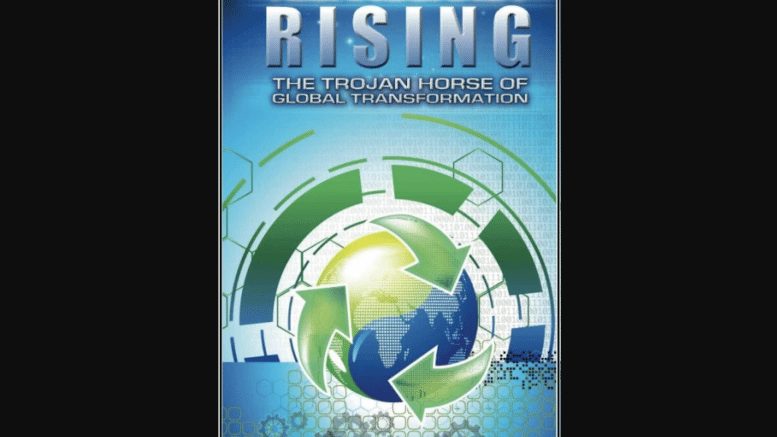This book review encapsulates the themes and warnings presented in Patrick M. Wood’s “Technocracy Rising: The Trojan Horse of Global Transformation,” outlining the intricate relationship between technology and societal control. The review emphasizes the alarming rise of Technocracy – a movement that argues that societal problems can be solved through technology-driven solutions. Wood contends that this ideology, which attempts to replace our current economic system with one focused on energy consumption and distribution, has gathered momentum since the establishment of the Trilateral Commission in 1973. This organization, which allegedly adopted a modified version of historic Technocracy, symbolizes the union of elite power and technological control, leading to a potentially irreversible transformation of society.
A core component of this technological transformation is the imminent implementation of the “Smart Grid,” a network aimed at managing energy consumption more efficiently. Wood’s book echoes the sentiments of early Technocrats who envisioned an interconnected energy system that would allow for rigorous measurement and regulation of energy usage. However, the review raises concerns about the dire implications of such a system, portraying it as a façade for broader societal control under the guise of consumer empowerment. The review asserts that proponents of the Smart Grid obfuscate the profound motives behind its development while neglecting the risks imposed on public health and individual freedoms posed by pervasive surveillance mechanisms inherent in the technology.
Another critical aspect of the review is the examination of contemporary political and economic transformations that parallel this rise in Technocracy, particularly as they pertain to Sustainable Development and UN Agenda 21. Wood argues that these initiatives are vehicles for implementing the “green economy,” which aims to sever traditional ties between resource consumption and economic growth. This “green economy” is essential to Technocracy, allowing for unchecked control by Techno-elites while sidelining traditional economic frameworks. Moreover, the review suggests that the accompanying changes in governance, marked by autocratic regulations juxtaposed against the U.S. constitutional framework, further illustrate the progression toward a Technocratic regime where citizens have diminished autonomy over their lives.
Additionally, Wood’s work highlights the assault on fundamental societal pillars: economics, politics, and religion, suggesting that the simultaneous undermining of these areas portends a society in crisis. The review underscores how the traditional economic model is being supplanted, political powers are shifting away from democratic accountability, and religious morals are being eroded in favor of a humanistic approach driven by scientific rationalism. The relentless targeting of these foundational structures, according to the review, reflects a concerted effort by Technocrats to orchestrate a new societal order where autonomy and morality are sacrificed for efficiency and control.
Crucially, the review discusses possible actions individuals might take to resist the encroachment of Technocracy. Stressing the need for systemic awareness and coordinated resistance, Wood emphasizes the importance of identifying and opposing Technocratic influences at local levels. He warns that failure to acknowledge these threats could lead to collective submission to a global scientific dictatorship devoid of critical human values such as compassion and liberty. The review invokes the wisdom of historical figures like General Sun Tzu, arguing that understanding one’s adversary and having a strategy are vital for both awareness and resistance against Technocratic ambitions.
In conclusion, Patrick Wood’s “Technocracy Rising” is framed as a necessary read for those concerned about the trajectory of societal control via technological means. The review calls for vigilance and activism to counteract the pervasive influence of Technocrats, suggesting that the current situation reflects a failure to adequately confront organized strategies of transformation that threaten individual freedoms. The key message is that society must reclaim agency over technological advancements to prevent the realization of a dystopian future reminiscent of the narratives depicted in the works of Orwell and Huxley. The review ultimately posits that while hope may be dwindling, collective action and awareness can still serve as catalysts for change in the fight against Technocracy.

